Hollywood’s Misrepresentation of Jocks: Perpetuating a Harmful Stereotype
Hollywood has a long-standing tradition of portraying jocks as the villains in their TV shows and movies. From the stereotypical high school bully to the arrogant college athlete, these characters are often depicted as one-dimensional, mean-spirited, and lacking in depth. However, this representation is far from reality and perpetuates a harmful stereotype that can have lasting effects on how society perceives athletes and those involved in sports.
(HEY YOU!! We hope you enjoy! We try not to run ads. So basically, this is a very expensive hobby running this site. Please consider joining us for updates, forums, and more. Network w/ us to make some cash or friends while retro gaming, and you can win some free retro games for posting. Okay, carry on 👍)
As a child, my experience with jocks was quite the opposite of what Hollywood would have you believe. The athletes I knew were some of the most well-rounded individuals, excelling not only in their chosen sports but also in academics and other extracurricular activities. They demonstrated leadership, teamwork, and a strong work ethic – qualities that are essential for success both on and off the field.
My children have echoed these sentiments, sharing that the real bullies in their schools are often those who lack a traditional upbringing and do not engage in sports or other structured activities. These individuals, often struggling with their own insecurities and lack of direction, resort to bullying and intimidation as a means of asserting their power and masking their own shortcomings.
In contrast, student-athletes are typically held to a higher standard of behavior and are required to maintain good grades to participate in their chosen sports. The discipline and structure provided by sports can serve as a positive influence, helping to keep young people on the right track and fostering a sense of community and belonging.
So, why does Hollywood continue to perpetuate this false narrative of jocks as villains? It’s possible that this stereotype serves as an easy plot device, allowing writers to create conflict and tension without delving into the complexities of real human behavior. However, this lazy storytelling comes at a cost, reinforcing negative stereotypes and potentially discouraging young people from participating in sports.
Furthermore, this misrepresentation may be part of a larger agenda to undermine the value of traditional institutions and activities that have long served as pillars of our society. By casting athletes in a negative light, Hollywood subtly suggests that these pursuits are unworthy or even harmful, while glorifying alternative lifestyles and behaviors that may not be as conducive to personal growth and societal stability.
It’s time for Hollywood to recognize the harm caused by their persistent vilification of jocks and athletes. Instead of relying on tired stereotypes, writers and filmmakers should strive to create more nuanced and realistic portrayals of these individuals, showcasing the positive qualities and contributions that athletes bring to their communities.
By celebrating the dedication, discipline, and camaraderie fostered by sports, Hollywood can play a role in promoting a more accurate and balanced view of athletes, inspiring young people to pursue their passions and become well-rounded, successful individuals. It’s time to break free from the lazy stereotypes and recognize the true value of jocks and athletes in our society.
There are numerous examples of movies and TV shows that have portrayed jocks and athletes in a negative light. Here are some notable instances. Here are 30 examples, but the sad reality is, I can probably give you hundreds. Hollywood is OBSESSED with this.
- “The Breakfast Club” (1985) – Andrew Clark, the stereotypical jock, is depicted as an aggressive, insensitive, and self-centered character.
- “Revenge of the Nerds” (1984) – The jocks are shown as bullies who constantly harass and humiliate the nerdy protagonists.
- “Heathers” (1988) – The two jocks, Ram and Kurt, are portrayed as dim-witted, cruel, and sexually aggressive.
- “Can’t Hardly Wait” (1998) – Mike Dexter, the popular jock, is a self-absorbed and arrogant character who looks down on others.
- “She’s All That” (1999) – Dean Sampson, the popular jock, is depicted as a shallow and manipulative character who betrays his friends.
- “10 Things I Hate About You” (1999) – Joey Donner, the stereotypical jock, is shown as a self-centered and aggressive character who treats women poorly.
- “Glee” (2009-2015) – The football team, particularly Dave Karofsky, is initially portrayed as bullies who harass and intimidate the glee club members.
- “Riverdale” (2017-present) – Some of the jocks, such as Reggie Mantle and Chuck Clayton, are depicted as arrogant, misogynistic, and involved in dubious activities.
- “13 Reasons Why” (2017-2020) – Bryce Walker, a popular jock, is portrayed as a entitled, manipulative rapist who shows no remorse for his actions.
- “The Karate Kid” (1984) – Johnny Lawrence and his Cobra Kai friends are depicted as bullies who torment Daniel LaRusso.
- “Mean Girls” (2004) – Aaron Samuels and the other jocks are portrayed as shallow and self-absorbed.
- “Grease” (1978) – The T-Birds, particularly Kenickie, are depicted as rough, aggressive, and disrespectful towards women.
- “Dazed and Confused” (1993) – The football team, led by Fred O’Bannion, are shown as bullies who haze incoming freshmen.
- “Carrie” (1976) – The jocks, especially Billy Nolan, are portrayed as cruel and manipulative, ultimately leading to the humiliation of Carrie White.
- “Friday Night Lights” (2006-2011) – While the show provides a nuanced portrayal, some jocks, like Tim Riggins, initially struggle with alcoholism and reckless behavior.
- “Varsity Blues” (1999) – The football coach, Bud Kilmer, is depicted as a win-at-all-costs mentor who pressures his players to use performance-enhancing drugs.
- “Heathers” (TV Series, 2018) – The jocks, particularly Kurt and Ram, are portrayed as misogynistic and sexually aggressive.
- “Buffy the Vampire Slayer” (1997-2003) – The jocks, especially Larry Blaisdell, are initially depicted as bullies who harass other students.
- “Pretty Little Liars” (2010-2017) – Some of the jocks, like Noel Kahn, are shown as manipulative and involved in various schemes.
- “One Tree Hill” (2003-2012) – Nathan Scott, initially portrayed as a selfish and arrogant jock, goes through a redemptive character arc.
- “Twisted” (2013-2014) – The jocks, particularly Archie Yates, are depicted as entitled and involved in a secret society that engages in dubious activities.
- “Freaks and Geeks” (1999-2000) – The jocks are portrayed as bullies who torment the “freaks” and “geeks” of the school.
- “Veronica Mars” (2004-2007) – Many of the jocks, especially those from the wealthy 09er community, are depicted as entitled and involved in various crimes.
- “21 Jump Street” (2012) – The jocks, particularly Zack, are portrayed as dim-witted and aggressive.
- “The Perks of Being a Wallflower” (2012) – Brad, a football player, is depicted as struggling with his sexuality and ultimately faces rejection from his father and teammates.
- “Scream” (TV Series, 2015-2019) – Will Belmont, a member of the basketball team, is shown as a bully and a suspect in the Lakewood murders.
- “Awkward” (2011-2016) – Matty McKibben, a popular jock, initially struggles with commitment issues and keeping his relationship with Jenna a secret.
- “The Duff” (2015) – Wesley Rush, a charming jock, is initially portrayed as a shallow and self-centered character who uses his popularity to manipulate others.
- “Paper Towns” (2015) – Chuck Parson, a member of the football team, is depicted as a bully who harasses Quentin and his friends.
- “17 Again” (2009) – Stan, the adult version of Mike O’Donnell’s former bully, is portrayed as a jock who peaked in high school and now leads an unfulfilling life.
These examples further illustrate the prevalent negative stereotyping of jocks and athletes in movies and TV shows across various genres and decades.
It’s time for Hollywood to recognize the harm caused by their persistent vilification of jocks and athletes. Instead of relying on tired stereotypes, writers and filmmakers should strive to create more nuanced and realistic portrayals of these individuals, showcasing the positive qualities and contributions that athletes bring to their communities.
 Retro Replay Retro Replay gaming reviews, news, emulation, geek stuff and more!
Retro Replay Retro Replay gaming reviews, news, emulation, geek stuff and more!
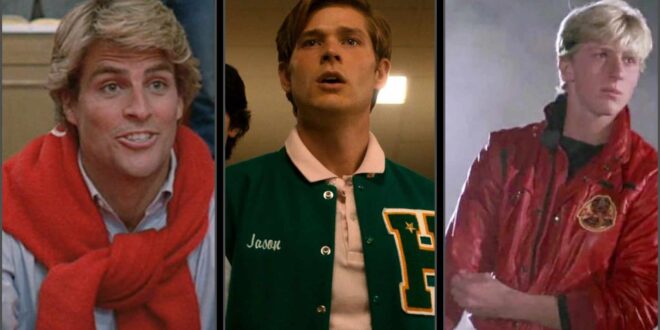
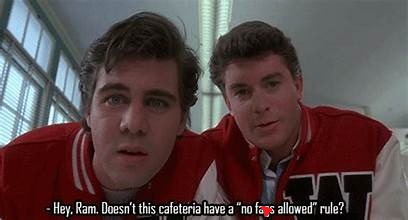
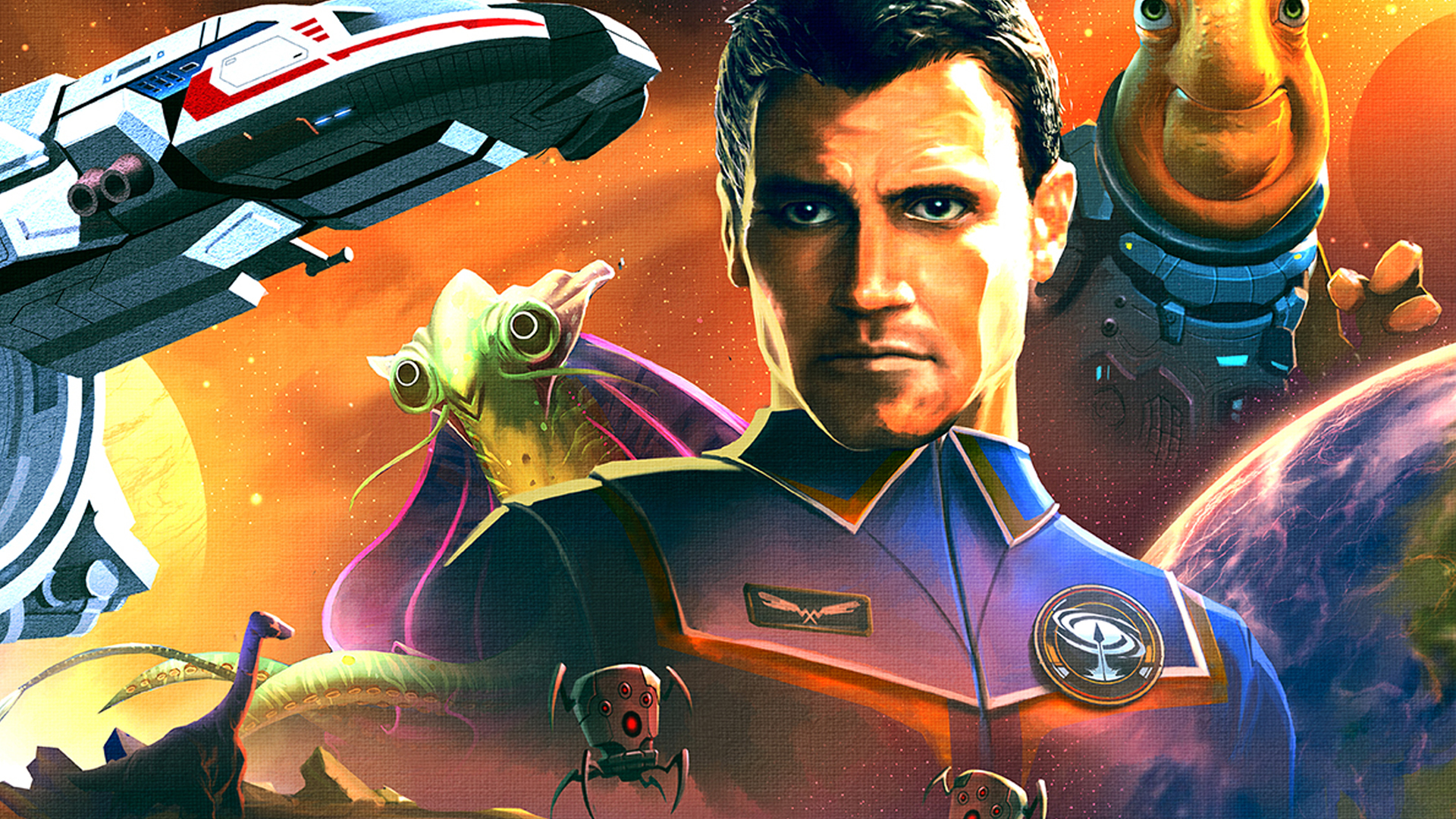
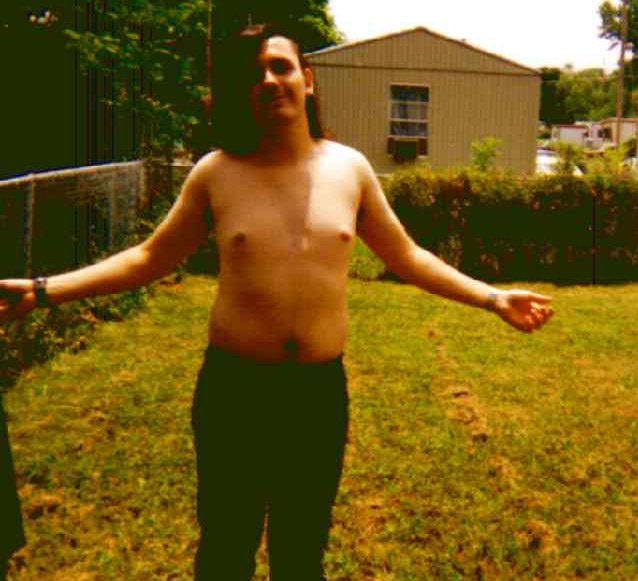
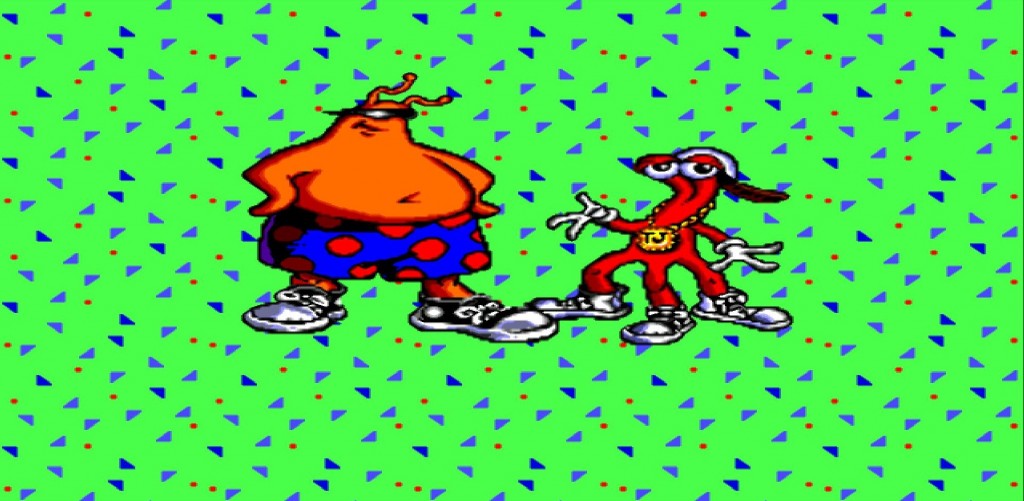

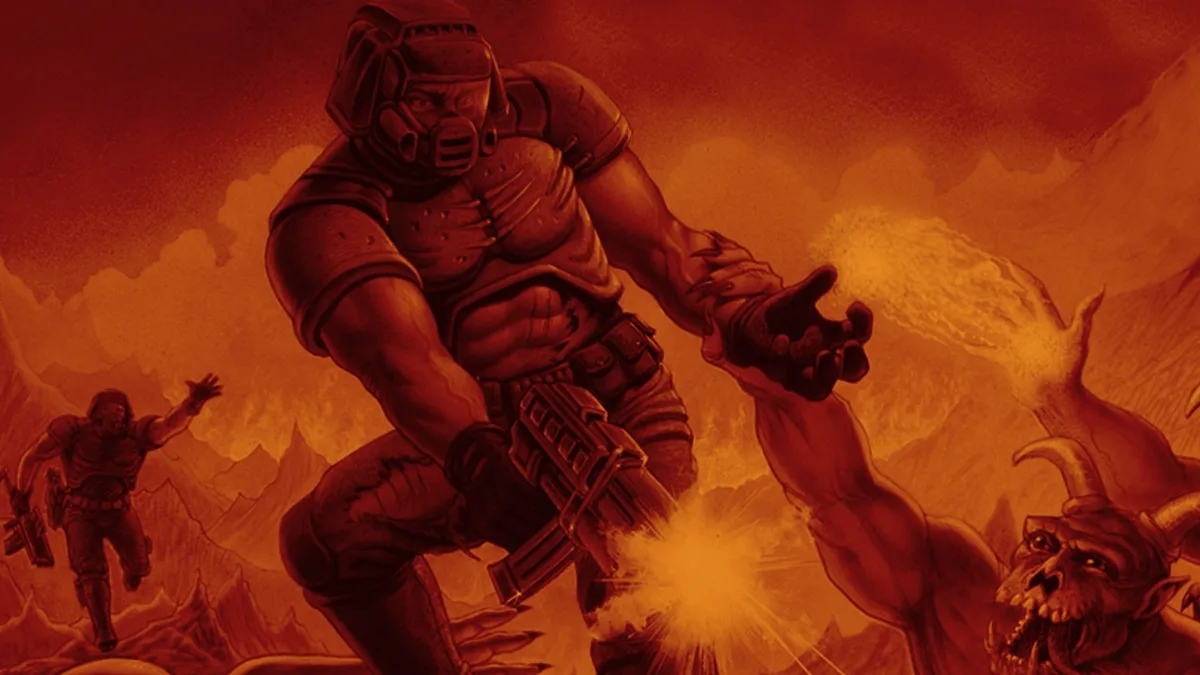
It must be embarrassing for you to be this wrong. Jocks often come from abusive households, are taught to be dominating and push therir opponents around. Organized sports is organized bullying. Source: I’m a former Jock who with other jocks bullied the school into the ground.
That’s really silly. I am around COUNTLESS student athletes’ and they are the most well rounded kids I have ever seen. Source: I’m an adult.